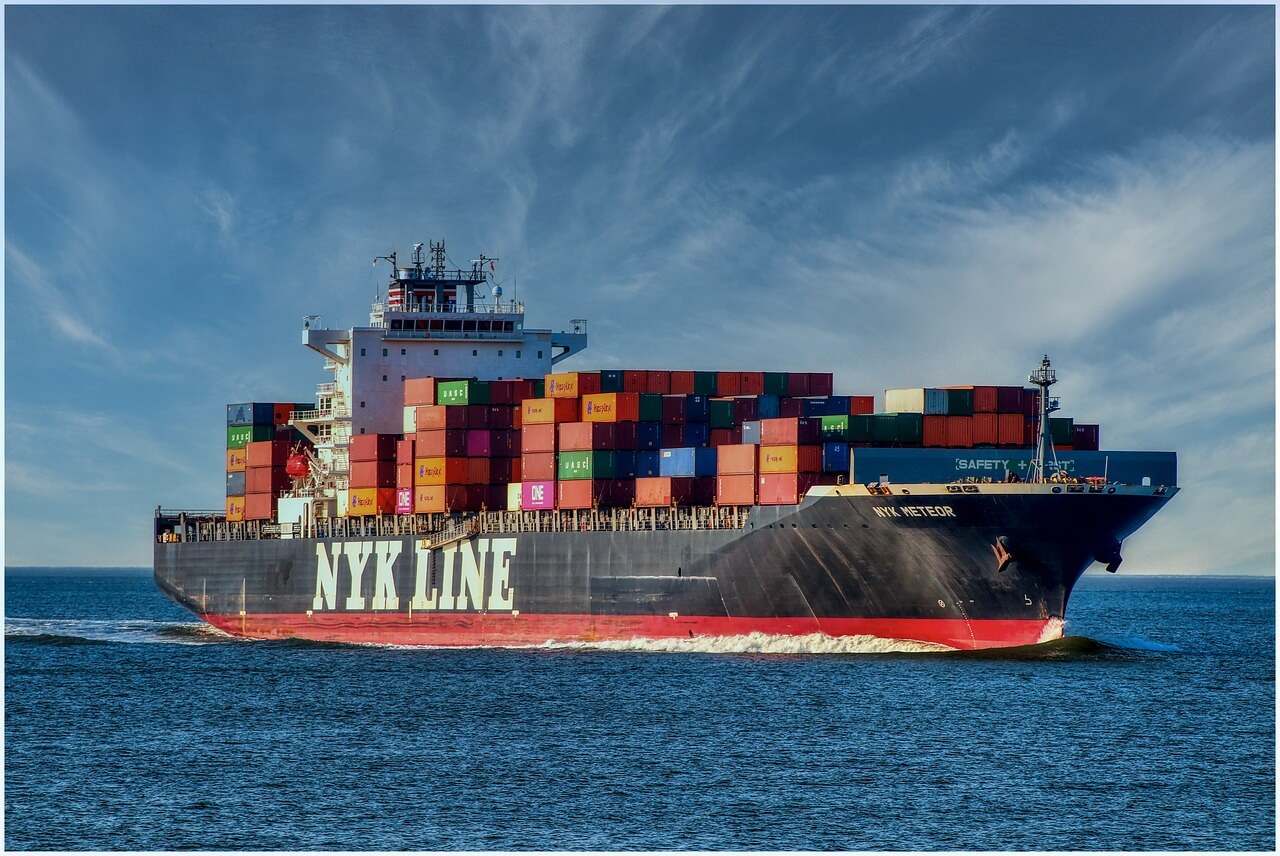
28
Apr
Freight forwarders exporting to Kenya, price influencing factors
** EXPORTING TO KENYA: ROLE OF FREIGHT FORWARDERS AND PRICE-SETTING DYNAMICS
In the global trade industry, freight forwarders play a pivotal role in facilitating the export process to various destinations worldwide, including Kenya. The process of exporting to Kenya involves several key elements that influence the overall cost and pricing structure. This article outlines the role of freight forwarders in exporting to Kenya and the factors that affect pricing.
The Role of Freight Forwarders in Exporting to Kenya:
Freight forwarders are integral to the export process, handling several critical tasks. They assist with logistics planning, ensure timely delivery of goods, manage documentation, provide customs clearance, and ensure smooth transport from the point of origin to the final destination in Kenya. Their expertise in international shipping and local knowledge of Kenya's import regulations are invaluable for smooth and cost-effective exports.
Price-Setting Dynamics and Influencing Factors:
When exporting to Kenya, several factors influence the pricing of goods and services. Understanding these factors is crucial for accurate cost estimation and setting competitive prices. Here are some key factors that affect pricing:
1. Origin and Destination Costs: The cost of transporting goods from the origin country to Kenya includes transportation fees, loading and unloading charges, handling fees at ports or airports, and other related expenses. These costs vary depending on the distance, mode of transport (air, sea, or road), and other factors like weather conditions and traffic.
2. Customs Duties and Tariffs: Exporting goods to Kenya involves paying customs duties and tariffs, which are based on the type of goods being imported and their value. Understanding Kenya's customs regulations and tariff rates is essential for accurate cost projections.
3. Freight Rates: The cost of shipping goods to Kenya is a significant factor in pricing. Freight rates are influenced by several factors such as fuel prices, demand and supply in the shipping industry, seasonality, and port congestion.
4. Local Market Conditions: The local economy and market conditions in Kenya also influence pricing. Factors like inflation, currency exchange rates, consumer demand, and competition in the local market affect the final selling price of goods.
5. Product Attributes: The type of product being exported, its size, weight, value, and fragility also affect pricing. High-value or fragile items may require special handling and packaging, adding to the overall cost.
6. Documentation Fees: Exporting involves a series of documentation processes that include preparing invoices, certificates of origin, health certificates, etc. The cost of these documents adds to the overall export cost.
In conclusion, exporting to Kenya involves several complexities that require the expertise of freight forwarders. Understanding the role of freight forwarders and the various factors that influence pricing is essential for successful exports. Exporters should consider all relevant costs, including transportation fees, customs duties, freight rates, local market conditions, product attributes, and documentation fees, to determine accurate pricing strategies that ensure profitability and market competitiveness.
In the global trade industry, freight forwarders play a pivotal role in facilitating the export process to various destinations worldwide, including Kenya. The process of exporting to Kenya involves several key elements that influence the overall cost and pricing structure. This article outlines the role of freight forwarders in exporting to Kenya and the factors that affect pricing.
The Role of Freight Forwarders in Exporting to Kenya:
Freight forwarders are integral to the export process, handling several critical tasks. They assist with logistics planning, ensure timely delivery of goods, manage documentation, provide customs clearance, and ensure smooth transport from the point of origin to the final destination in Kenya. Their expertise in international shipping and local knowledge of Kenya's import regulations are invaluable for smooth and cost-effective exports.
Price-Setting Dynamics and Influencing Factors:
When exporting to Kenya, several factors influence the pricing of goods and services. Understanding these factors is crucial for accurate cost estimation and setting competitive prices. Here are some key factors that affect pricing:
1. Origin and Destination Costs: The cost of transporting goods from the origin country to Kenya includes transportation fees, loading and unloading charges, handling fees at ports or airports, and other related expenses. These costs vary depending on the distance, mode of transport (air, sea, or road), and other factors like weather conditions and traffic.
2. Customs Duties and Tariffs: Exporting goods to Kenya involves paying customs duties and tariffs, which are based on the type of goods being imported and their value. Understanding Kenya's customs regulations and tariff rates is essential for accurate cost projections.
3. Freight Rates: The cost of shipping goods to Kenya is a significant factor in pricing. Freight rates are influenced by several factors such as fuel prices, demand and supply in the shipping industry, seasonality, and port congestion.
4. Local Market Conditions: The local economy and market conditions in Kenya also influence pricing. Factors like inflation, currency exchange rates, consumer demand, and competition in the local market affect the final selling price of goods.
5. Product Attributes: The type of product being exported, its size, weight, value, and fragility also affect pricing. High-value or fragile items may require special handling and packaging, adding to the overall cost.
6. Documentation Fees: Exporting involves a series of documentation processes that include preparing invoices, certificates of origin, health certificates, etc. The cost of these documents adds to the overall export cost.
In conclusion, exporting to Kenya involves several complexities that require the expertise of freight forwarders. Understanding the role of freight forwarders and the various factors that influence pricing is essential for successful exports. Exporters should consider all relevant costs, including transportation fees, customs duties, freight rates, local market conditions, product attributes, and documentation fees, to determine accurate pricing strategies that ensure profitability and market competitiveness.
LEAVE YOUR COMMENT
categories
recentpost
-
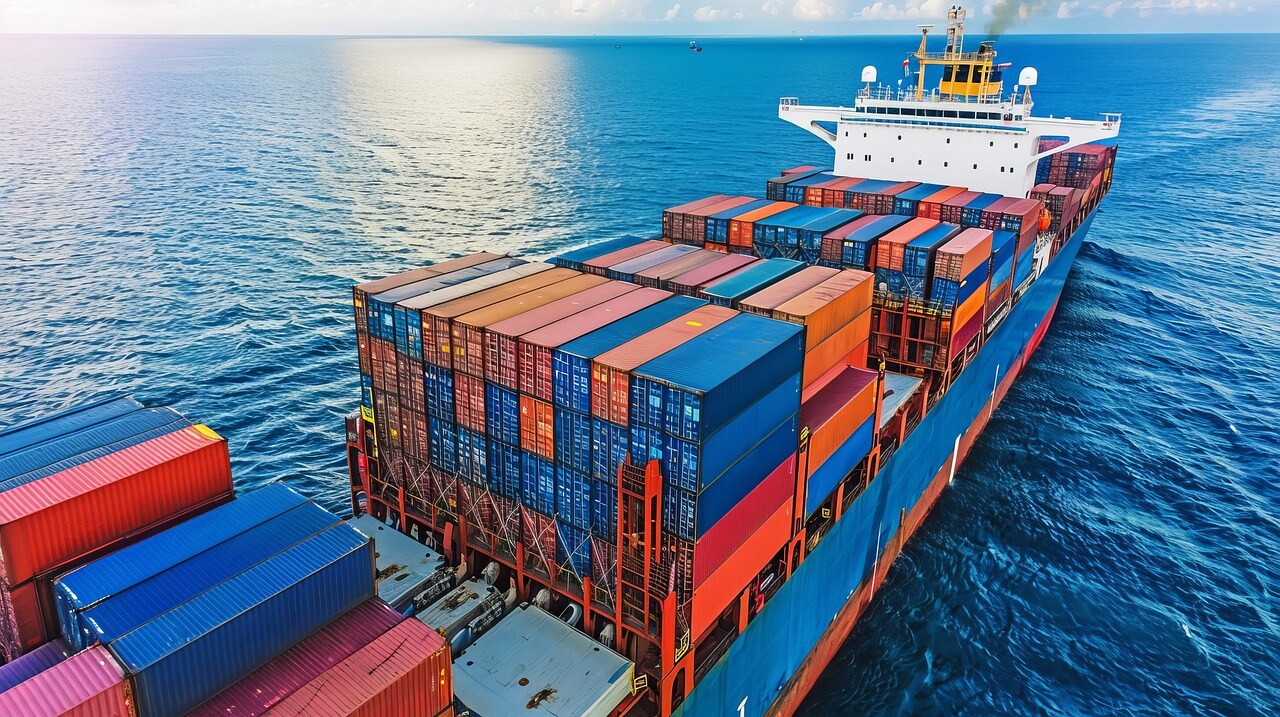 How can freight forwarders achieve efficient logistics and shipping from China to Tanzania?Apr 30,2025
How can freight forwarders achieve efficient logistics and shipping from China to Tanzania?Apr 30,2025 -
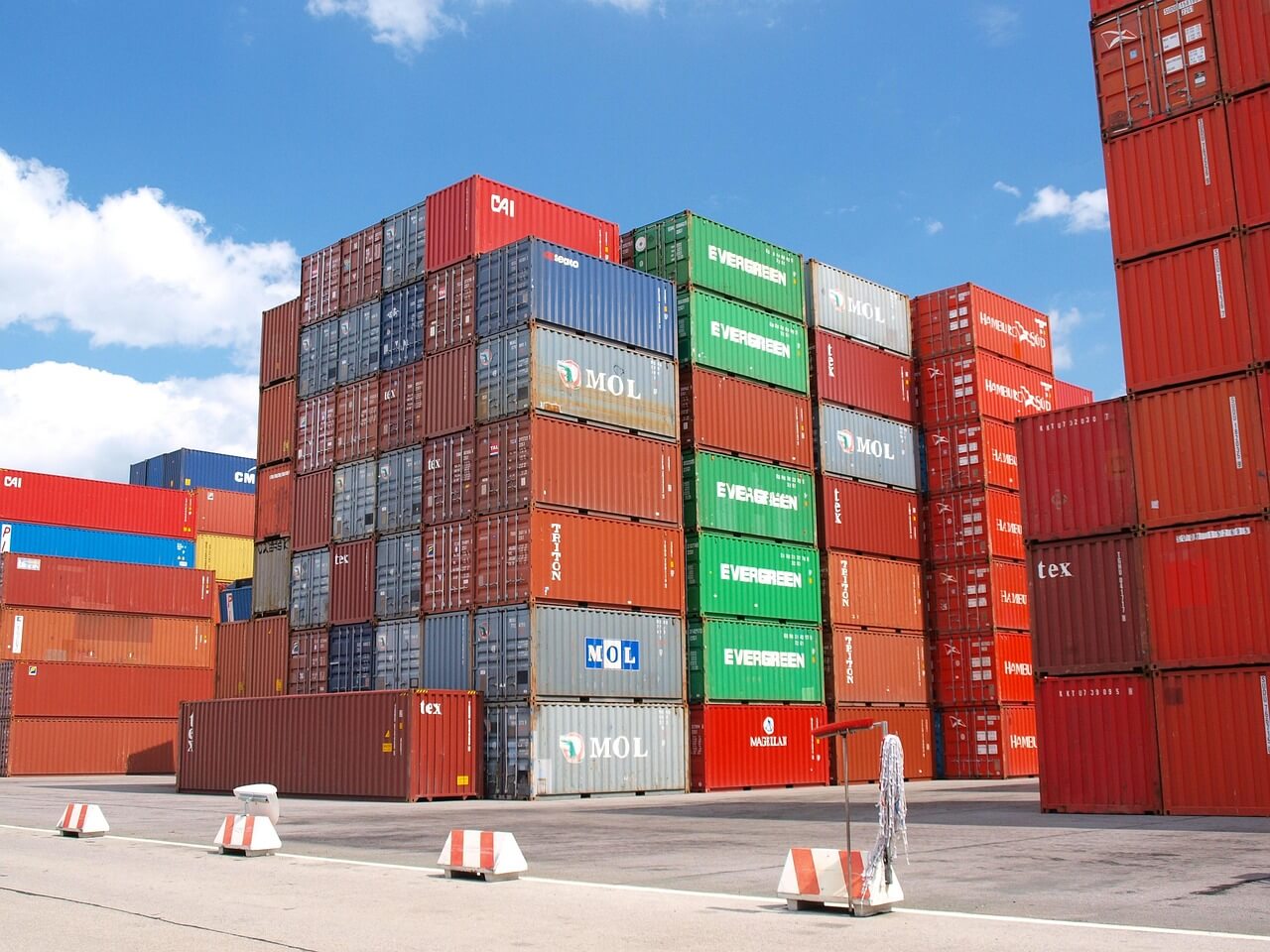 What are the guarantee measures for transportation and transaction services from China to the UnitedApr 30,2025
What are the guarantee measures for transportation and transaction services from China to the UnitedApr 30,2025 -
 How is the international freight delivery service for transporting goods to Saudi Arabia?Apr 30,2025
How is the international freight delivery service for transporting goods to Saudi Arabia?Apr 30,2025 -
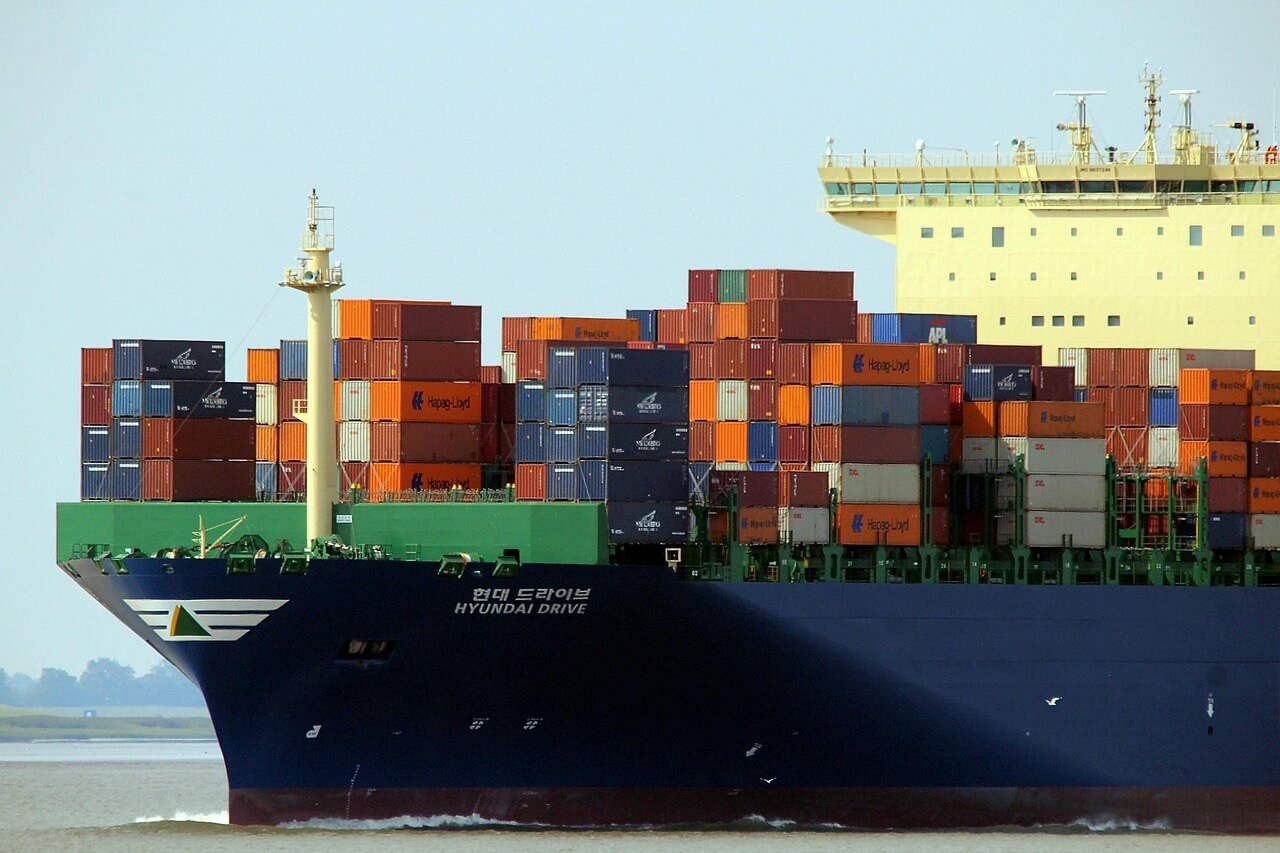 What is the delivery time for international freight from China to Kenya?Apr 30,2025
What is the delivery time for international freight from China to Kenya?Apr 30,2025 -
 What is the customs clearance process for global land transportation from China to the United Arab EApr 30,2025
What is the customs clearance process for global land transportation from China to the United Arab EApr 30,2025 -
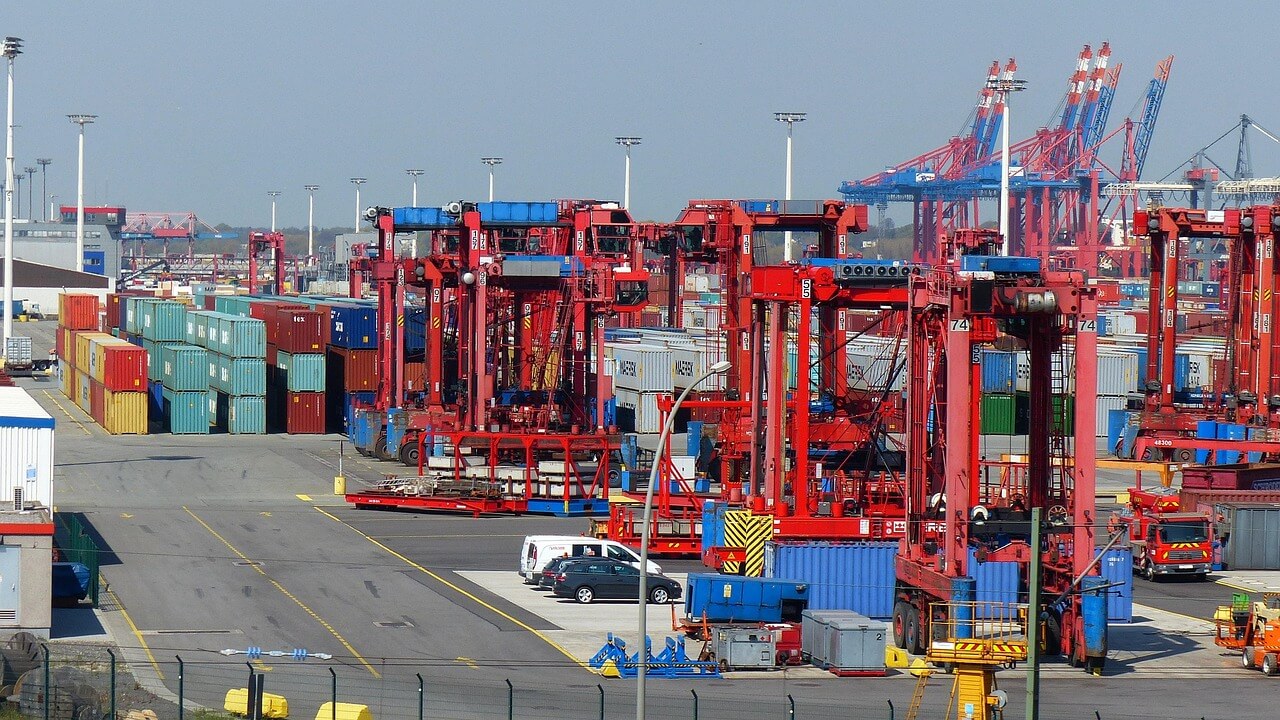 Shipping Guide from China to Qatar: How to Calculate LCL Shipping Cost?Apr 30,2025
Shipping Guide from China to Qatar: How to Calculate LCL Shipping Cost?Apr 30,2025

